Ice Water Hack Recipe With Baking Soda And Vinegar

The internet is abuzz once again with a purported "miracle" hack promising rapid weight loss: a concoction of ice water, baking soda, and vinegar. This latest trend joins a long and often dangerous line of DIY health solutions circulating online, raising serious concerns among health professionals. Is this fizzy fad a harmless hydration booster, or a potentially risky recipe for disaster?
This article aims to dissect the claims surrounding this ice water "hack," examining the purported benefits, analyzing the scientific evidence (or lack thereof), and most importantly, highlighting the potential dangers it poses. It will feature insights from registered dietitians and medical professionals, providing a balanced perspective on whether this trend is worth the risk, or simply another internet hoax.
The Viral Recipe: What's in the Fizz?
The recipe is deceptively simple: mix a tablespoon of baking soda (sodium bicarbonate) and a tablespoon of vinegar (typically apple cider vinegar, or ACV) into a glass of ice water. Proponents claim that this mixture, consumed regularly, can accelerate weight loss, detoxify the body, and even balance the body's pH levels.
Variations exist, with some adding lemon juice or other ingredients, but the core combination of baking soda and vinegar remains consistent. The resulting drink is effervescent due to the chemical reaction between the acidic vinegar and the alkaline baking soda.
Decoding the Claims: Weight Loss and Detoxification
The primary allure of this "hack" is its promise of effortless weight loss. Many online testimonials suggest that drinking this mixture before meals suppresses appetite, boosts metabolism, and helps burn fat.
These claims are largely unsubstantiated by scientific evidence. While some studies suggest that apple cider vinegar might have a marginal effect on blood sugar control and satiety, these studies are often small and don't replicate the exact conditions of this "hack."
As for "detoxification," the body already possesses its own sophisticated detoxification system, primarily involving the liver and kidneys. There is no scientific basis to suggest that this baking soda and vinegar concoction enhances or assists this process.
The pH Balancing Myth: Separating Fact from Fiction
Another common claim is that this drink can "alkalize" the body, balancing pH levels and preventing disease. This idea is rooted in the belief that a more alkaline environment is beneficial for health.
However, the human body tightly regulates its pH levels within a very narrow range. The pH of blood, for example, is maintained around 7.4. Consuming alkaline substances does not drastically alter this systemic pH. The kidneys and lungs play a vital role in the body's pH balance.
While the urine's pH can be affected by diet, this is a reflection of the kidneys removing excess acids and bases, not an indicator of overall body alkalinity. To quote Dr. Smith, a nephrologist at *Mayo Clinic*, "The claim that altering your diet can significantly change your body's pH is largely unfounded."
The Risks: A Potentially Dangerous Combination
Despite the enticing claims, the ice water, baking soda, and vinegar "hack" carries potential health risks. Baking soda is high in sodium, and excessive intake can lead to electrolyte imbalances, high blood pressure, and fluid retention, particularly concerning for individuals with pre-existing heart or kidney conditions.
Vinegar, being acidic, can erode tooth enamel over time with frequent consumption. It can also irritate the esophagus and stomach lining, potentially exacerbating conditions like acid reflux or ulcers.
The combination of baking soda and vinegar can also interfere with certain medications. Baking soda can reduce the effectiveness of some medications by affecting their absorption. Individuals taking medication should always consult with their doctor before trying this or any similar "hack."
Expert Opinions: Caution and Skepticism
Registered Dietitian Jane Doe, spokesperson for the Academy of Nutrition and Dietetics, cautions against blindly following online trends. "There is no magic bullet for weight loss or detoxification. Sustainable and healthy habits, such as a balanced diet and regular exercise, are the key to long-term well-being."
She emphasizes that the perceived benefits are likely due to the placebo effect or the temporary increase in satiety from drinking water, regardless of the added ingredients. Dr. Mark Wilson, a gastroenterologist at *Johns Hopkins Hospital*, adds, "While small amounts of vinegar are generally safe, regularly consuming this concoction could lead to significant gastrointestinal distress in some individuals."
He advises against relying on unproven remedies and encourages individuals to consult with healthcare professionals for personalized health advice.
Moving Forward: Responsible Information Consumption
The popularity of this ice water "hack" highlights the need for critical thinking and responsible information consumption when it comes to online health advice. Before trying any trend promising rapid weight loss or health benefits, it's essential to research the claims thoroughly and consult with a qualified healthcare professional.
Focusing on sustainable lifestyle changes, rather than quick fixes, is crucial for achieving and maintaining long-term health. A balanced diet, regular physical activity, and adequate hydration are far more effective and safer than relying on unproven online remedies.
Ultimately, the ice water, baking soda, and vinegar "hack" is a prime example of why skepticism and evidence-based decision-making are vital in the age of readily available online information. Remember, if it sounds too good to be true, it probably is. Instead, invest in your health through established and safe practices guided by medical expertise.



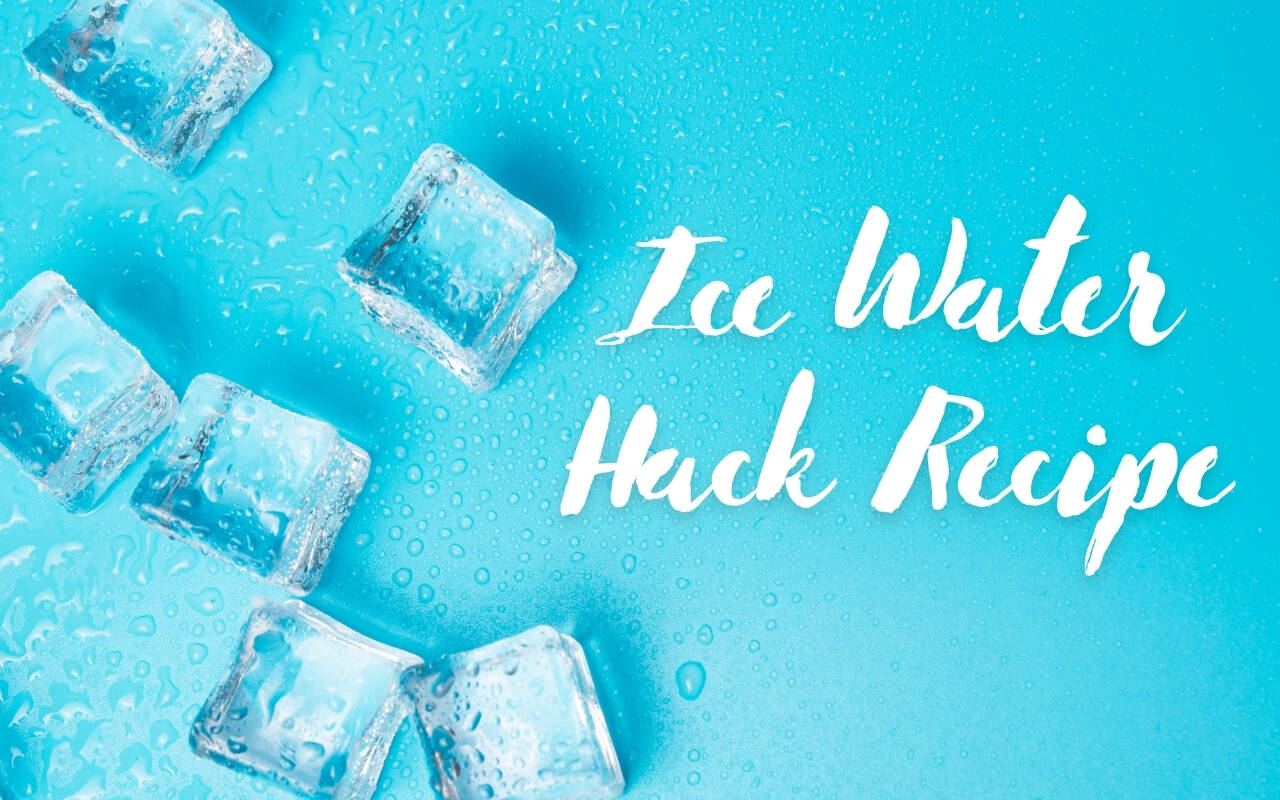
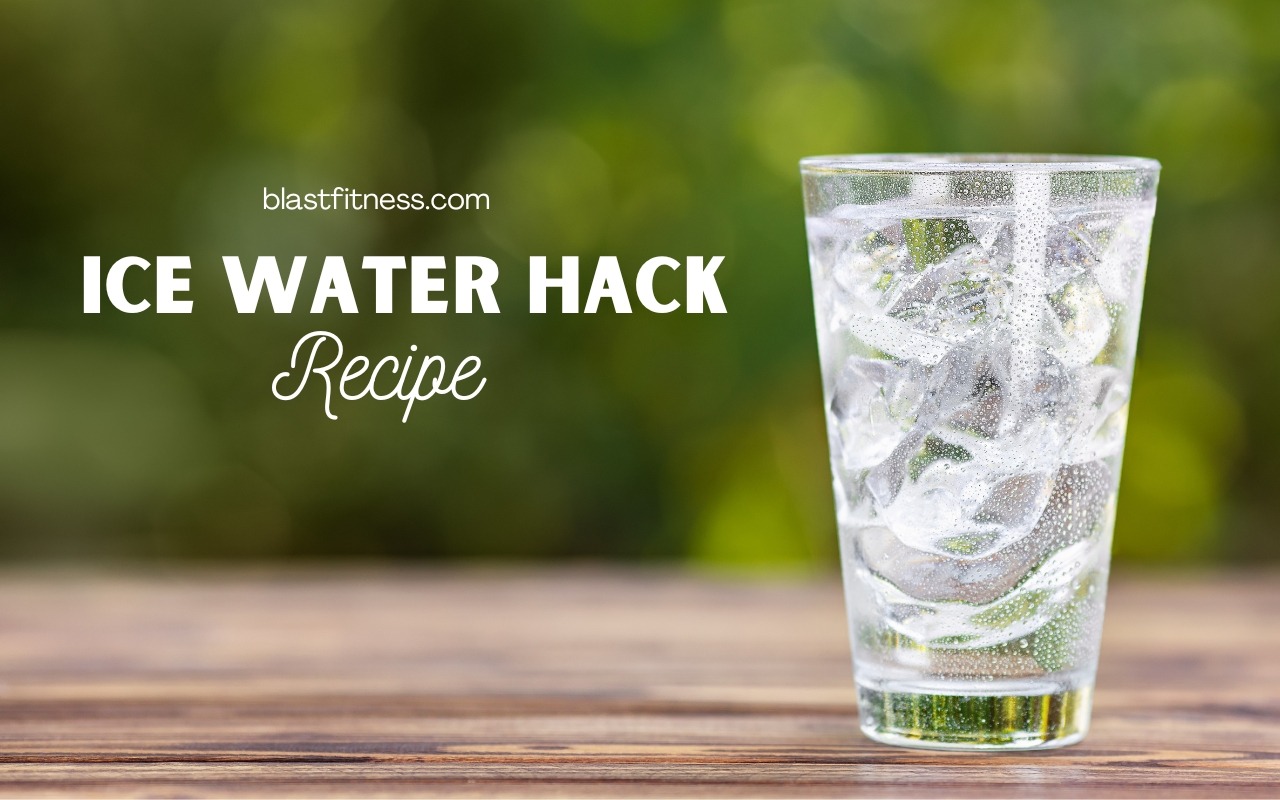



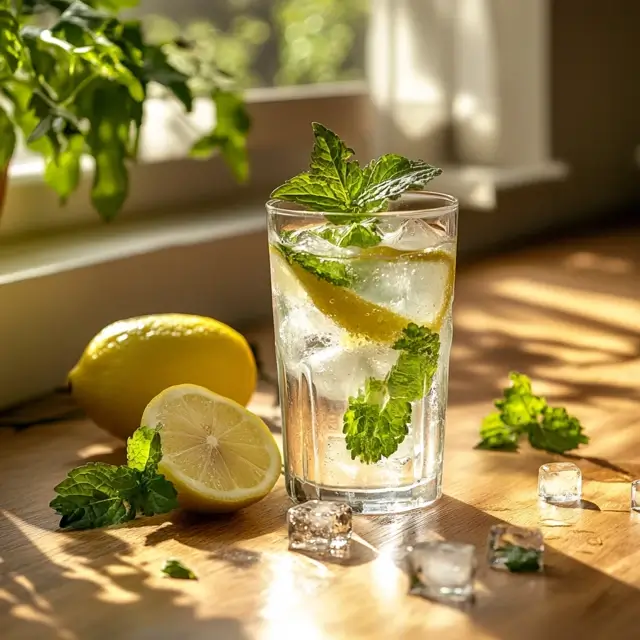
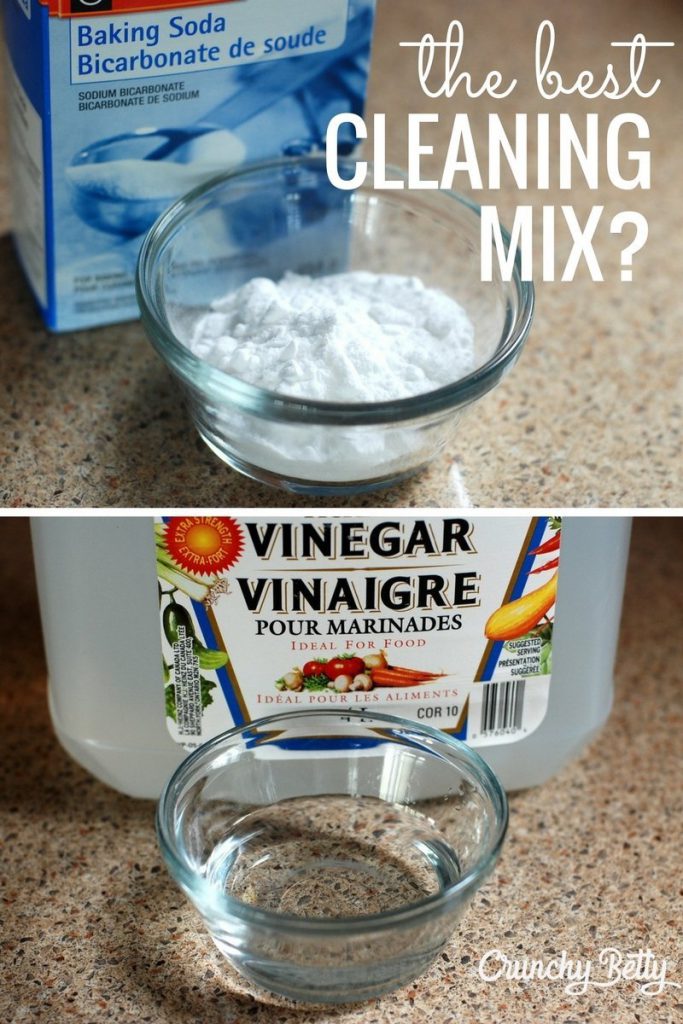
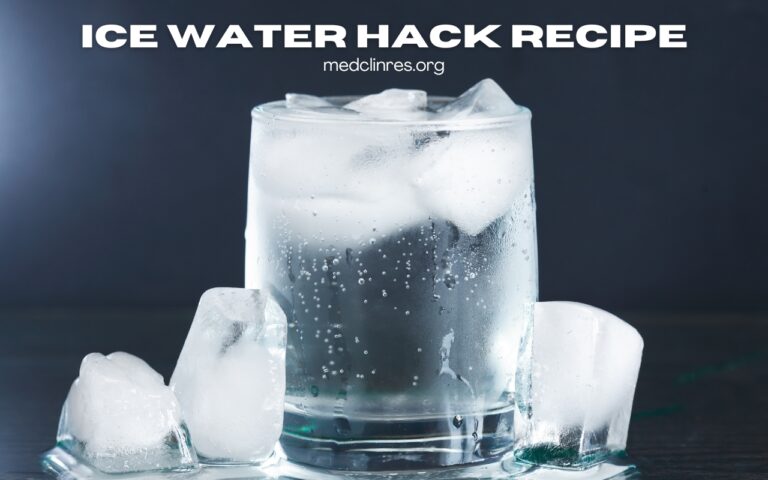
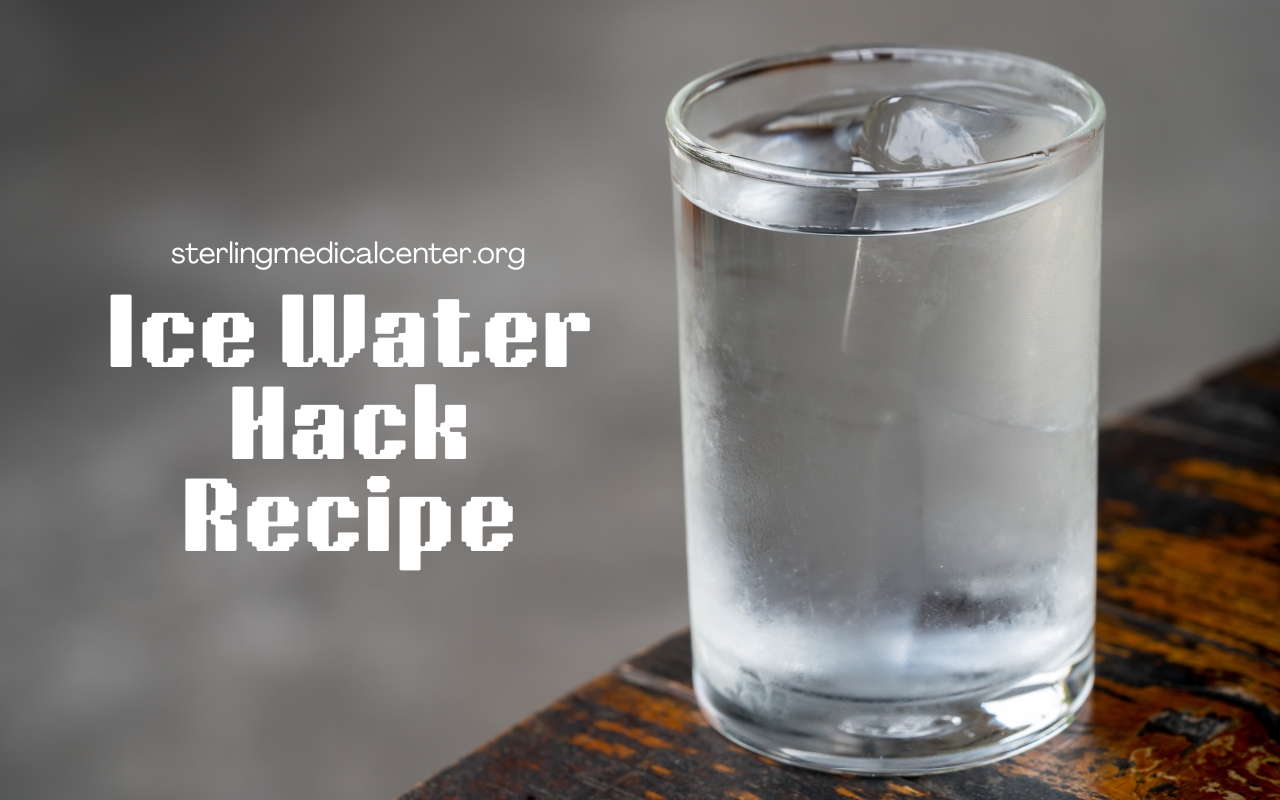
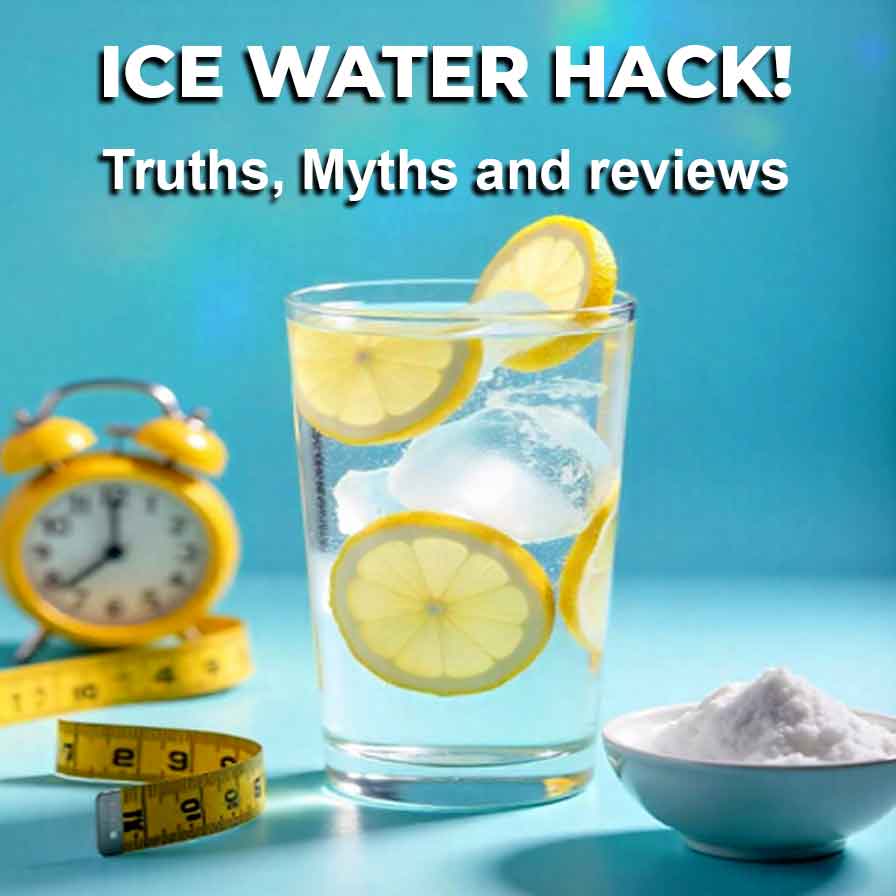
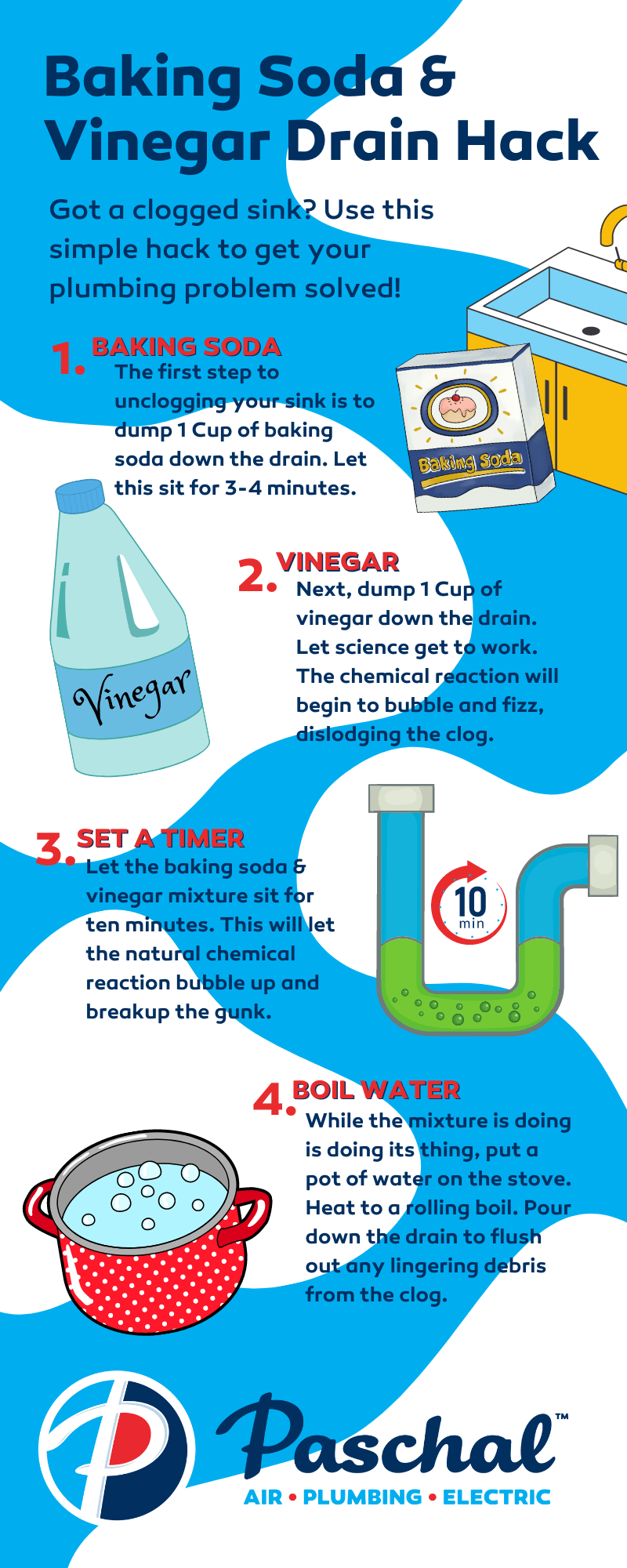
![Ice Water Hack Recipe With Baking Soda And Vinegar Baking Soda And Pink Himalayan Salt [7 Steps Guide 2025]](https://standardsalts.com/wp-content/uploads/2023/05/How-Salt-Preserves-the-Freshness-of-Food-1.jpg)



